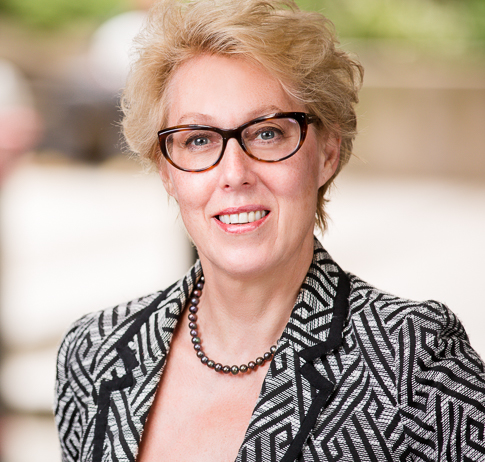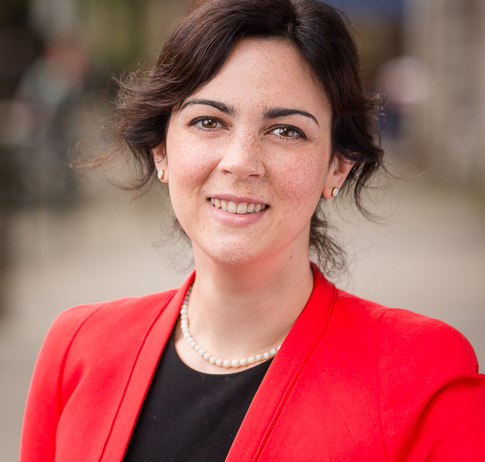Note: We have provided a transcript of the discussion in this video if you are unable to watch the video version. This transcript is generated using a combination of speech recognition software and human transcribers and may contain errors.
Sarah Aughwane (00:15): They can be, but only if they're done right.If they're not done right, then you end up with the type of difficulties that Mr Pugachev recently faced in the English British high Courts.
Dawn Goodman (00:30): Mr Picochet, who was known as Putin banker, set up five New Zealand trusts at a time he really should not because there were some claims against him. What happened was that the creditor, a Russian government agency, came to England to challenge them on the basis that he kept too much control. He was able to hire and fire the trustees and make significant decisions about the assets of the trust and their beneficiaries. The English court found that the control was such that the assets should be made available to his creditors.
Sarah Aughwane (01:14): Yes, it is. If a set law retains too much control over the trust, there's a possibility that they will be regarded as having not parted with the assets, and therefore there being no valid trust in place. It is possible to retain some control. But it can be dangerous if a setblue, for example, retains sufficient control to be able to recall the trust assets. If he doesn't like how the trust being run, then that power might be used against him if he finds himself subject to a claim by a spouse or a third party, or if he comes under political pressure to exercise that power when he doesn't want to.
Dawn Goodman (02:00): Yes, definitely. So, for example, in the Arab Spring, people were concerned that maybe they'd kept back too much control and they or their trustees wanted to look at restructuring their trusts to achieve influence rather than control. The political situation around the world, in quite a lot of countries, such as Russia, bits of Africa, Latin American countries and so on, is such that a lot of people are looking to trust to try to protect them from political and personal pressure. And the recent change in the political climate in Saudi Arabia is also having that effect.
Sarah Aughwane (02:49): Well, the first thing to do is make sure that the trustees know what the set law's wishes are. Beyond that, the set law could consider some kind of power sharing arrangement or power splitting arrangement, where they retain a place on the board of trustees or a board of directors, or they participate in some kind of investment committee. The other thing they can look at doing is putting a protector in place.



